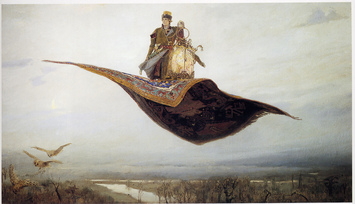
by Salome Jones
Your job as a writer is to overcome the various hurdles to getting readers' minds to switch over from reading and comprehending words at the conscious level to transforming those words into an active imaginary adventure. The fictive dream, it's called. There are all sorts of things you can do that will derail the fictive dream. They fall broadly into these three categories: boredom, confusion, and cheating. The kind of lack of coherency and consistency that usually comes from writing about things you know little or nothing about can fall into any of these categories, but it's most likely to fall under the category of confusion.
Your job as a writer is to overcome the various hurdles to getting readers' minds to switch over from reading and comprehending words at the conscious level to transforming those words into an active imaginary adventure. The fictive dream, it's called. There are all sorts of things you can do that will derail the fictive dream. They fall broadly into these three categories: boredom, confusion, and cheating. The kind of lack of coherency and consistency that usually comes from writing about things you know little or nothing about can fall into any of these categories, but it's most likely to fall under the category of confusion.
The same kind of process that happens to a reader who's fully immersed in a book must happen to the writer, only in reverse. Writing is a kind of reverse engineering of the fictive dream. Just like performance artists - actors, ballet dancers, musicians - in the moment of creation, a writer must be able to internalize, assimilate, and reproduce information in a personalized expression of the creative workings of her or his mind.
A piece of general advice I can give you now is to take a look at your favorite book. Find a scene that you really like and take it apart. Figure out what makes it work. What do you like about it? Is it at the level of language? Is there some surprise revealed there? What makes it a surprise? The essence of being a good writer can be distilled down from learning to read like a writer. As if taking apart plumbing to figure out how to be a plumber, look at the mechanics of a book.
I'll talk about some specific techniques you can use to accomplish this reverse engineering process in future posts.
A piece of general advice I can give you now is to take a look at your favorite book. Find a scene that you really like and take it apart. Figure out what makes it work. What do you like about it? Is it at the level of language? Is there some surprise revealed there? What makes it a surprise? The essence of being a good writer can be distilled down from learning to read like a writer. As if taking apart plumbing to figure out how to be a plumber, look at the mechanics of a book.
I'll talk about some specific techniques you can use to accomplish this reverse engineering process in future posts.

 RSS Feed
RSS Feed
